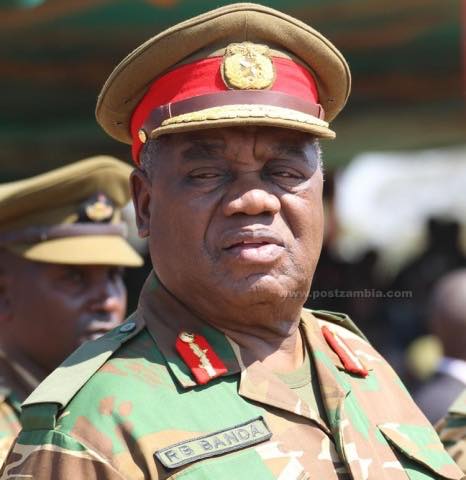DID YOU KNOW THAT RB ONCE RULED NAMIBIA?
Rupiah Banda is indeed a solid diplomat with vast experience of managing conflicts and running countries. The man possesses such an admirable CV but he, unlike some people, never boasts about it. Why don’t people like RB write autobiographies or just memoirs?
How many Zambian for example know that Mr Banda was in charge of Namibia for many years while the liberation movement of that country SWAPO led by Sam Nujoma battled colonialists in the bush?
The United Nations Council for South West Africa (later renamed the Council for Namibia) was established in 1967 as the legal Administering Authority for the Territory until independence.
The UN had terminated South Africa’s mandate over Namibia in 1966. In 1971 the International Court of Justice ruled that the continued presence of South Africa in Namibia was illegal and as a result South Africa was under obligation to withdraw its administration from Namibia immediately and thus put an end to its occupation of the Territory. But South Africa refused to withdraw, and SWAPO had to continue its struggle for independence.
For many years, Rupiah Banda was the president of that United Nations Council on Namibia which was effectively the government of Namibia while the matter of South Africa’s disputed mandate over the territory was being resolved.
The Council was dissolved in 1990 following the independence of Namibia. All activities in Namibia that time had to be authorised by RB
On May 23, 1975, Mr Rupiah Banda had this this to say:
“The United Nations Council for Namibia would like to seize this opportunity on African Liberation Day to pay special tribute to those African patriots who have paid with their lives in the struggle for freedom in Angola, in Guinea-Bissau, in Mozambique and indeed in other areas where the struggle has been particularly adverse, and the sacrifices have been particularly high. The strength of the freedom fighters in those African countries deserves our total admiration. Indeed, the recent victories that have been achieved in Angola, Guinea-Bissau and Mozambique and elsewhere have shaken the very foundation of colonialism and satellite imperialism in Southern Africa. It is through these victories and the stalwart struggle of the liberation movement in Zimbabwe, in Namibia an din South Africa itself, that the end of the long road to total freedom has been brought measurably nearer.
“The time has come for the minority regimes in southern Africa to realise that the freedom of the African majority in Zimbabwe, in Namibia and in South Africa cannot be suppressed for much longer. The international community should now, more than ever before, exert pressure so that the minority regimes will transfer power to the indigenous majorities. Nothing short of that can be acceptable.”
Yet, RB rarely talks about such huge assignments and responsibilities he has undertaken.
